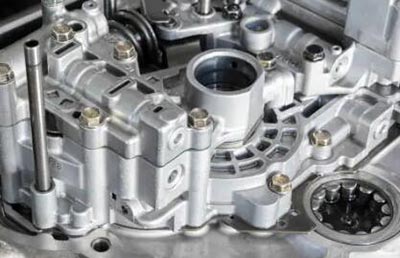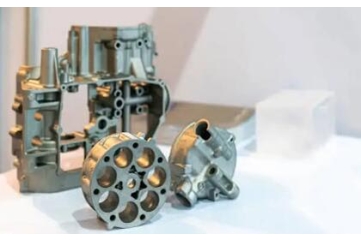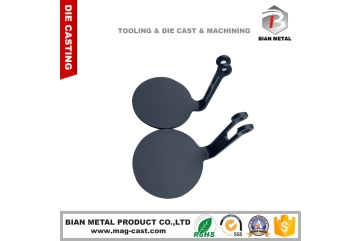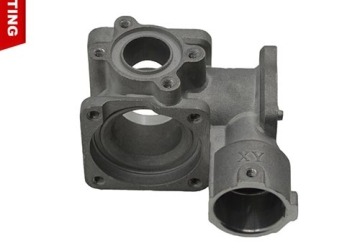Is aluminium casting expensive?
The cost of aluminum casting can vary depending on several factors, including the complexity of the part, the type of casting process used, the volume of production, and the specific requirements of the project. Here’s a breakdown of these factors:
1. Casting Process
Die Casting: This is a more expensive process upfront due to the cost of creating molds or dies, but it becomes cost-effective for high-volume production. Die casting is ideal for producing large quantities of identical parts with tight tolerances.
Sand Casting: This method is typically less expensive in terms of tooling costs because it uses sand molds, which are cheaper to produce. However, it can be more labor-intensive and may not be as precise as die casting, making it less suitable for high-volume production.
Investment Casting: This process, also known as lost-wax casting, is more expensive than sand casting but offers greater precision and the ability to cast complex shapes. It’s often used for smaller runs of intricate parts.

2. Material Costs
Aluminum is generally less expensive than other metals like titanium or stainless steel, but the cost can still fluctuate based on market prices and the specific alloy used. Some alloys may be more expensive due to their specific properties, such as increased strength or corrosion resistance.
3. Complexity of the Design
Parts with intricate designs, thin walls, or tight tolerances will be more expensive to cast due to the additional time and expertise required to produce the molds and ensure quality.
4. Production Volume
The cost per part decreases as production volume increases, especially in processes like die casting, where the cost of the mold is spread over many units. For low-volume production, the per-unit cost is higher, especially if using a process with significant tooling costs.
5. Post-Processing
Additional processes such as machining, surface finishing, and heat treatment will increase the overall cost. These are often necessary to achieve the desired final properties of the part.
6. Location and Labor Costs
The cost of casting can also vary depending on where the manufacturing is done. Countries with lower labor costs may offer cheaper casting services, but this might come at the expense of longer lead times or lower quality.
Aluminum casting can be expensive, particularly if you’re dealing with complex designs, low production volumes, or require high precision. However, for large-scale production, especially using die casting, the cost per unit can be quite economical. The specific expenses will depend on the factors mentioned above, so it’s important to consider these when budgeting for an aluminum casting project.




